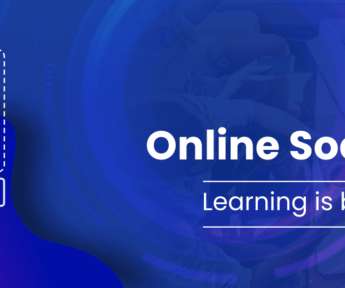Using Wikis to Stop Brain Drain | Social Learning Blog
Dashe & Thomson
FEBRUARY 22, 2010
Social Learning Blog Training and Performance Improvement in the Real World Home About Bios Subscribe to RSS Using Wikis to Stop Brain Drain by Jolene on February 23, 2010 in Wikis In his December Training Magazine article Training in a Web 2.0 Rob Mueller: Great post on using games as a training device. It is amazing ho. Properly d.



























Let's personalize your content